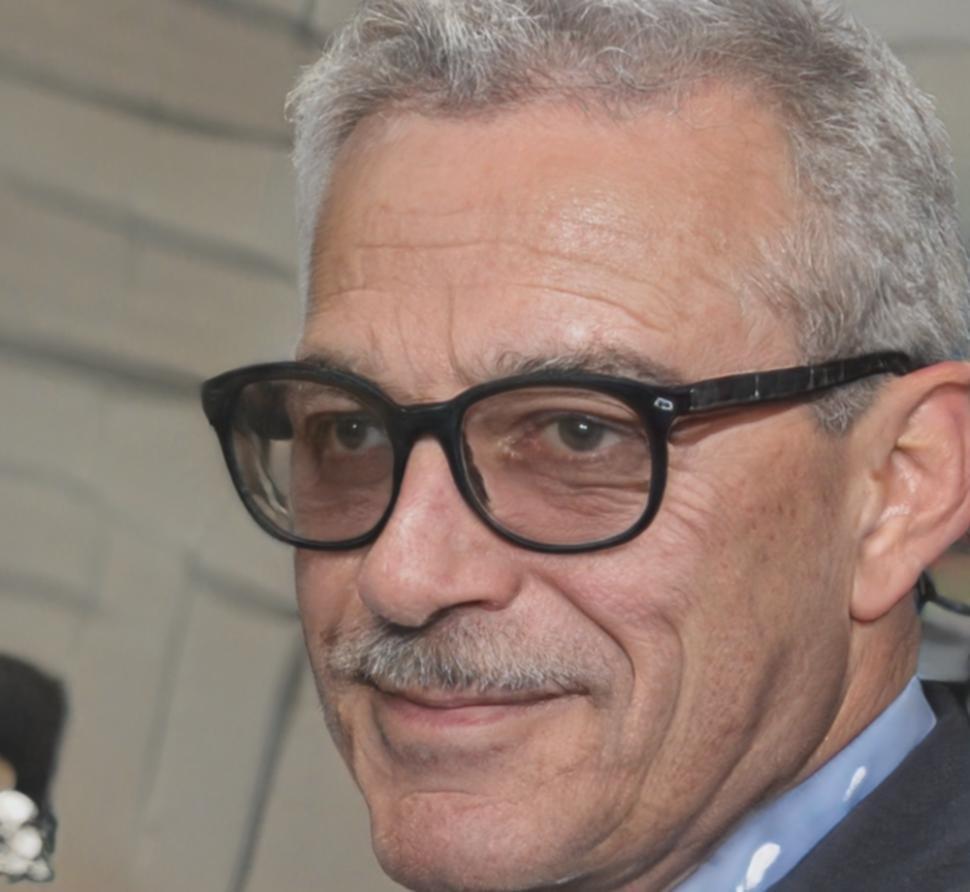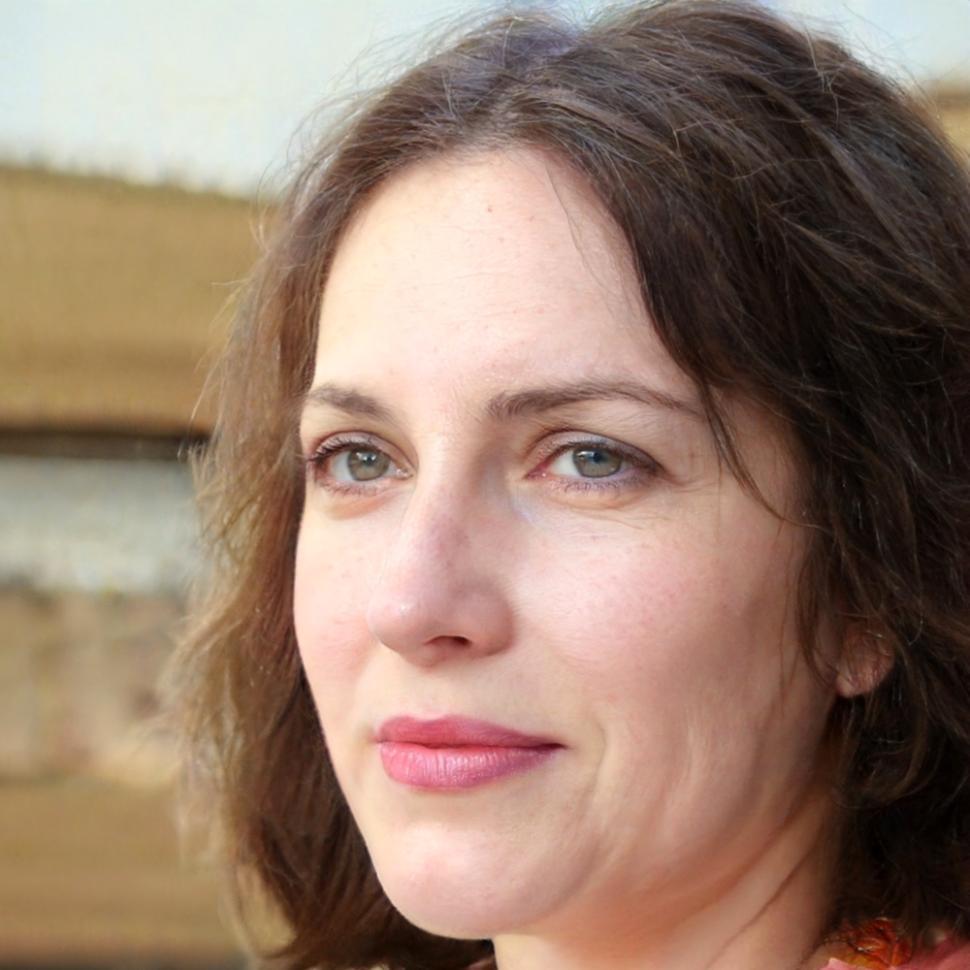Take Control of Your Financial Future
Our twelve-month program starts in September 2025. We're working with everyday Australians who want practical skills for managing household budgets, tracking expenses, and building financial confidence. No complicated jargon—just real tools and honest guidance.
Get Program Details
Learn by Actually Doing It
We don't believe in sitting through lectures about budget theory. Each fortnight, you'll work through real scenarios—tracking actual expenses, spotting patterns in your own spending, setting up systems that stick.
The program runs across twelve months because changing money habits takes time. You'll build skills gradually, working on one area before moving to the next. By October 2026, most participants have a complete system they understand and can maintain without us.
Sessions happen online Tuesday evenings or Saturday mornings. Pick what fits your schedule. Miss one? Everything's recorded, and you can catch up before the next session.
What Drives This Program
We built this around three principles that keep it grounded in real life rather than textbook theory.
Transparency First
You'll see exactly how each tracking method works and why we recommend it. No hidden complexity. We show you the spreadsheet formulas, the category logic, everything. If something doesn't make sense for your situation, we'll help you adapt it.
Practical Over Perfect
A budget you actually use beats a perfect budget you abandon after two weeks. We focus on systems that work with how you really live—not idealized versions. Most people need something simple they can maintain long-term.
Individual Circumstances
Your financial situation isn't identical to anyone else's. Family size, income pattern, existing debts—these all shape what works. The program gives you core skills, then you customize the approach. We're here to guide that process.
Common Roadblocks (And What We Do About Them)
Most people hit the same obstacles when they start tracking expenses and building budgets. Here's how we address them during the program.
Irregular Income Patterns
If your pay varies week to week—freelance work, casual shifts, commission-based income—standard monthly budgets feel impossible to stick to.
Forgetting to Track Everything
You start strong on Monday, forget by Wednesday. Cash purchases disappear. Small transactions seem too trivial to record. By month end, nothing adds up.
Unexpected Expenses Derailing Plans
You finally get a budget working, then car repairs hit. Or dental work. Or the hot water system. One emergency wipes out your careful planning.
What Past Participants Say
"I'd tried budget apps before, but they never lasted more than a month. This program showed me why—I was using systems built for someone else's life. Once I set up categories that matched how I actually spend, tracking became automatic. Took about six weeks to feel natural, but now I don't think about it."
"The irregular income module changed everything for me. I'm in retail, so my hours swing wildly between quiet and busy periods. Learning to budget on my lowest month instead of averaging made such a difference. I actually have money set aside now when work gets slow."

